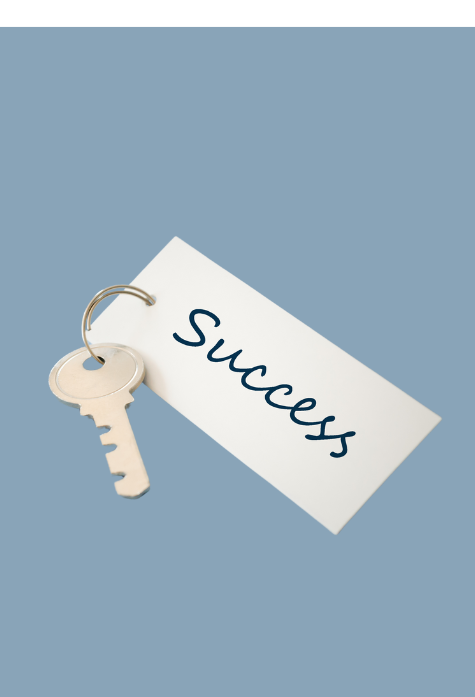Define your goals
Do you want to reduce the number of tickets received or foster stronger customer–company relationships?
It’s essential to identify your objectives first!
Measure Your Performance
Several metrics can be tracked from the moment your help center is launched:
-
Resolution times
-
The proportion of issues resolved by agents versus the help center
-
Analytics on your community engagement
This will help you identify areas for improvement in your help center: content types, frequently asked questions, and specific topics.
Provide a Tailored Experience
Whether your customers access the help center on a PC, tablet, or smartphone, your level of service should be consistent to ensure a smooth experience for all users.
With smartphones playing such a central role in consumer habits, help centers must be optimized for mobile usage.
Engage Your Employees
Employees across all departments can contribute to the help center:
-
Marketing: Identify brand ambassadors and help develop customer loyalty
-
Product and Support: Internal teams can assist in answering questions, respond to customer feedback, and use customer insights to improve products and services
-
Sales: Build stronger customer relationships and drive retention
Improve the User Experience
Customers need easy and intuitive access to the most important sections of your help center, along with a robust search function.
A help center should attract users with customized design and high-quality, multimedia content.
Finally, the best way to know if your help center is effective and relevant is to ask your customers directly!
SEIF supports companies in implementing Zendesk, including creating customized help centers. Learn more about possible customizations.
For more information on Zendesk help centers, check out the original article here.




